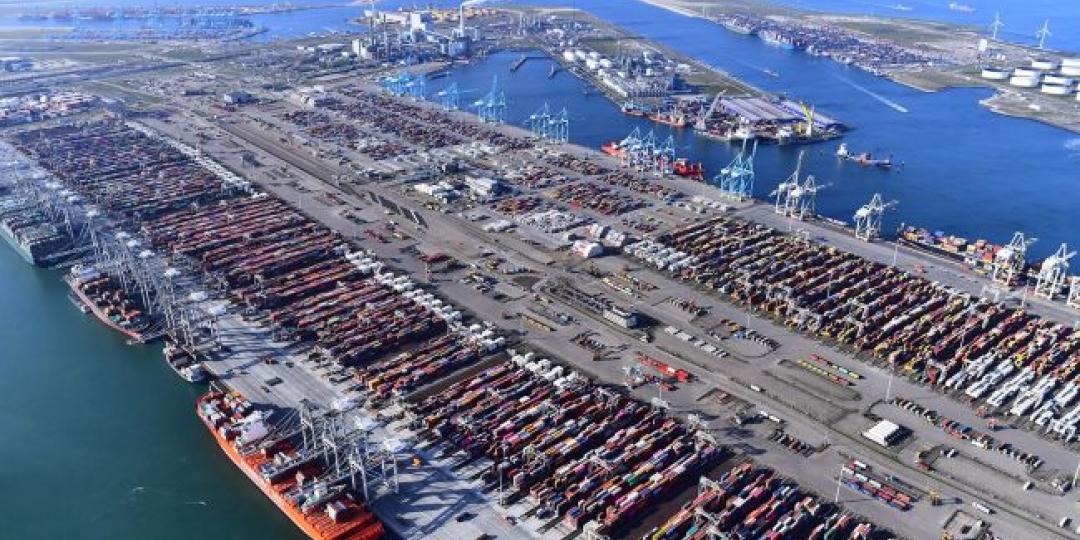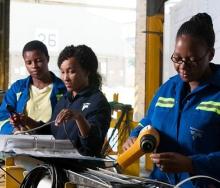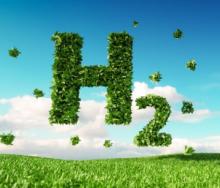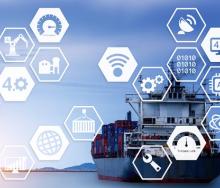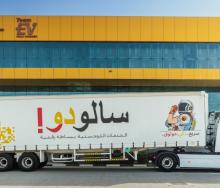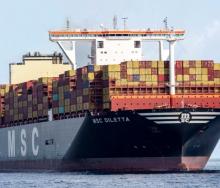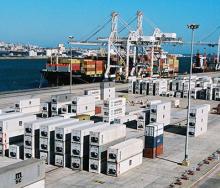Air Products and Gunvor Petroleum Rotterdam, a wholly owned subsidiary of Gunvor Group, have signed a joint development agreement for an import terminal in Rotterdam.
The agreement is in response to the accelerating demand for green energy sources to meet climate objectives and the need to diversify energy sources. The terminal is expected to provide green hydrogen to the Netherlands in 2026.
The companies said in a statement that green hydrogen, which is key to energy transition, has "significant potential to decarbonise hard-to-abate sectors, such as heavy-duty transport and industry”.
A substantial amount of renewable energy is needed to produce green hydrogen. It is unlikely that Europe will be able to produce these amounts locally, making large-scale green hydrogen imports essential for reaching targets set under the European Union’s (EU) “Fit for 55” legislative package and REPowerEU. With this project, the firms said the Netherlands would make a leading contribution to EU energy transition goals.
“The signing of the agreement is an important step towards an investment decision that will be taken as the companies gain confidence in the regulatory framework, permitting process, and funding support. Certification of the green hydrogen is needed to ensure that the imported green ammonia and resulting green hydrogen is recognised and counted towards the EU renewable energy targets,” the companies said.
For funding support, this project seeks to be recognised as an ‘Important Project of Common European Interest’ (IPCEI).
The Gunvor site in Europoort Rotterdam is one of several European locations envisaged by Air Products for the development of a green hydrogen import terminal. It offers strategic access for receiving green ammonia from large-scale green hydrogen production locations operated by Air Products and its partners from projects around the world. The green ammonia will be converted to hydrogen and distributed to markets within Europe, including the Netherlands, Germany and Belgium
Independent analysis from CE Delft has shown the project will ultimately deliver EUR 260-425 million of indirect economic benefits, culminating in thousands of new jobs over the coming years. The savings in carbon dioxide (CO₂) emissions to the transport sector, combined with the benefit of reduction in other harmful emissions, would create an overall environmental benefit valued at over EUR 100m by 2030.
Port of Rotterdam CEO Allard Castelein said the port was “very supportive” of the project which was a great example of using a brownfield location for a new import terminal for green ammonia.
“Both companies have been active in the energy sector for a long time and are responding to society’s demand to reduce greenhouse gas emissions as well as to increase Europe’s energy independence. Green ammonia is not only a hydrogen carrier and a feedstock for the chemical industry, but it’s also an important renewable fuel for the shipping sector. First-mover projects like this will make Rotterdam Europe’s foremost hydrogen hub.”
